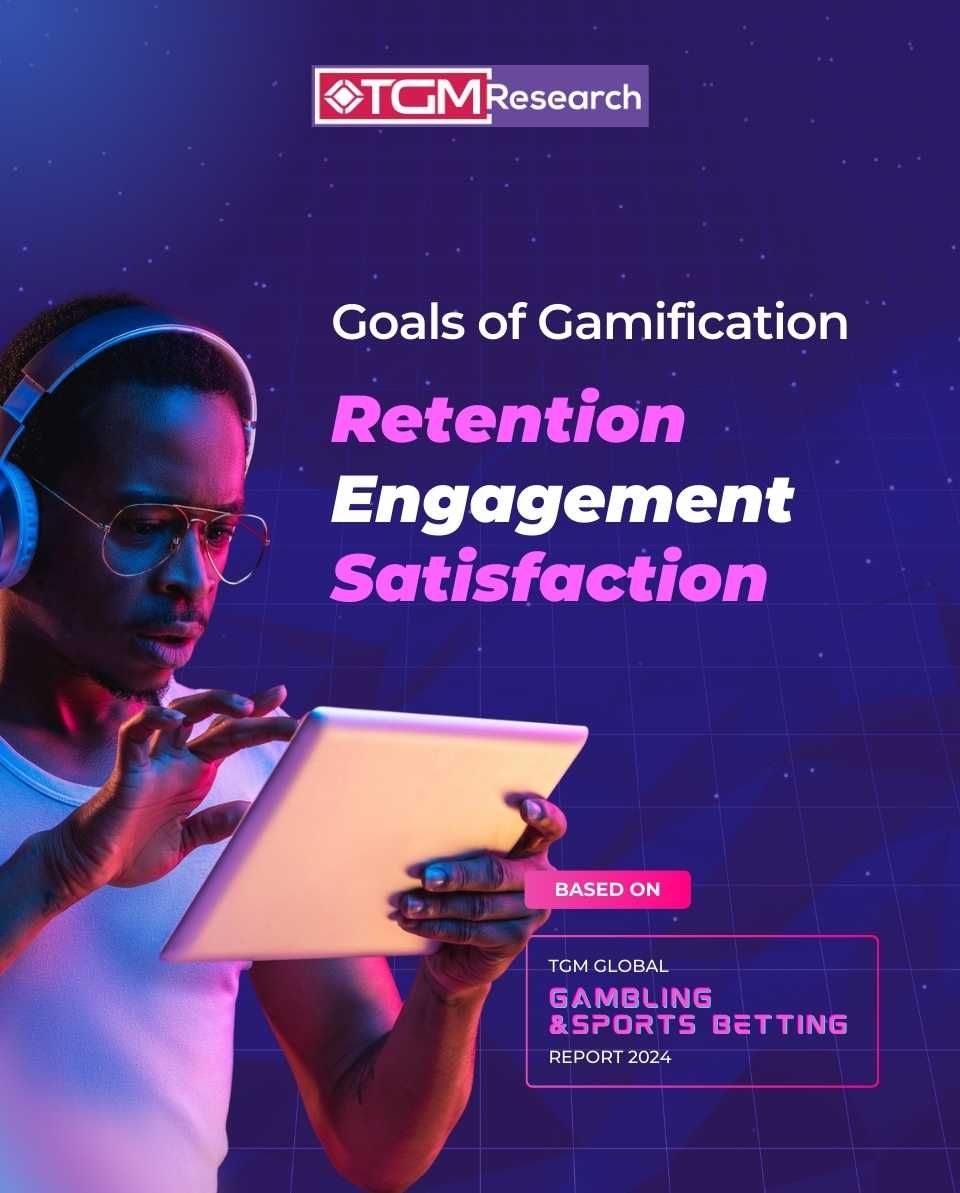Hookup Doc: Your Go-To Guide for All Things Dating
Explore the latest trends, tips, and advice in the world of dating and relationships.
Clicking Again: Captivating Gamblers for Keeps
Uncover the secrets of captivating gamblers and keep them coming back for more! Dive into strategies, tips, and tales that guarantee excitement!
Understanding the Psychology Behind Compulsive Gambling: What Keeps Gamblers Coming Back?
The allure of gambling is often rooted in a complex blend of psychological factors that contribute to the phenomenon of compulsive gambling. For many, the excitement of placing a bet ignites the brain's reward system, releasing dopamine and creating a feeling of euphoria. This neurological response can lead to what is known as the 'near-miss effect,' where players experience a false sense of hope after nearly winning. According to research, it’s this combination of thrill and unpredictability that keeps gamblers returning to the table, often leading to compulsive and damaging behavior.
Furthermore, the social aspects of gambling play a significant role in reinforcing these habits. Many individuals view gambling as a social activity, often participating in group settings—be it in casinos or online platforms. This communal experience can enhance feelings of belonging and camaraderie, making it increasingly difficult for compulsive gamblers to recognize their habits as problematic. Understanding the psychological triggers, such as stress, escapism, and peer influence, is essential for both gamblers and those seeking to support them in finding healthier coping mechanisms.

Counter-Strike is a highly popular tactical first-person shooter game that pits players against each other in team-based combat. To gain an edge in the game, many players seek strategies and resources, often finding useful tools at places like winz.io promo code to enhance their gameplay experience.
Top Strategies to Make Your Casino Game More Engaging: Tips for Retaining Players
Creating a more engaging casino game is essential for retaining players and enhancing their overall experience. One of the top strategies is to incorporate gamification elements into your game. This can include challenges, levels, and rewards systems that keep players motivated. Consider implementing a loyalty program that rewards frequent players with bonuses, exclusive content, or discounts. This not only fosters a sense of community but also encourages players to return regularly:
- Implement daily missions with rewards
- Create a tiered loyalty system
- Offer completion bonuses for challenges
Another effective strategy is to regularly update your game with new features, themes, and promotional events. By introducing fresh content, you keep the gameplay exciting and provide players with a reason to come back. Consider holding seasonal events or themed tournaments that not only enhance the experience but also encourage competitive play. In addition, actively engage with your players through social media and feedback channels, asking them for input on future updates or improvements, making them feel valued:
"Player feedback is crucial for continuous improvement and engagement."
Are You a Responsible Gambler? Signs You Might Be Clicking Again for All the Wrong Reasons
Gambling can be an enjoyable pastime, but it's essential to recognize when the fun stops and the negative behaviors start. Are you a responsible gambler? One clear sign that you might be gambling for all the wrong reasons is the urge to chase losses. If you find yourself repeatedly betting larger amounts to recover what you've lost, it may indicate that the experience is no longer entertaining and is becoming a desperate attempt to relieve financial stress. Additionally, if you often gamble when you're feeling sad, stressed, or lonely, it's crucial to take a step back and evaluate your motivations. Remember, responsible gambling means playing for enjoyment, not as a way to escape emotions.
Another warning sign that you might be engaging in irresponsible gambling behavior is the habit of gambling beyond your means. Have you ever made a mental note to stick to a budget, only to ignore it as you get caught up in the excitement of the game? Responsible gambling requires setting limits and adhering to them, regardless of the circumstances. If you're neglecting other financial obligations, like bills or savings, to fund your gambling activities, it's time to reconsider your habits. Be attentive to these signs; they can help ensure that your gambling remains a fun and safe activity rather than a harmful addiction.